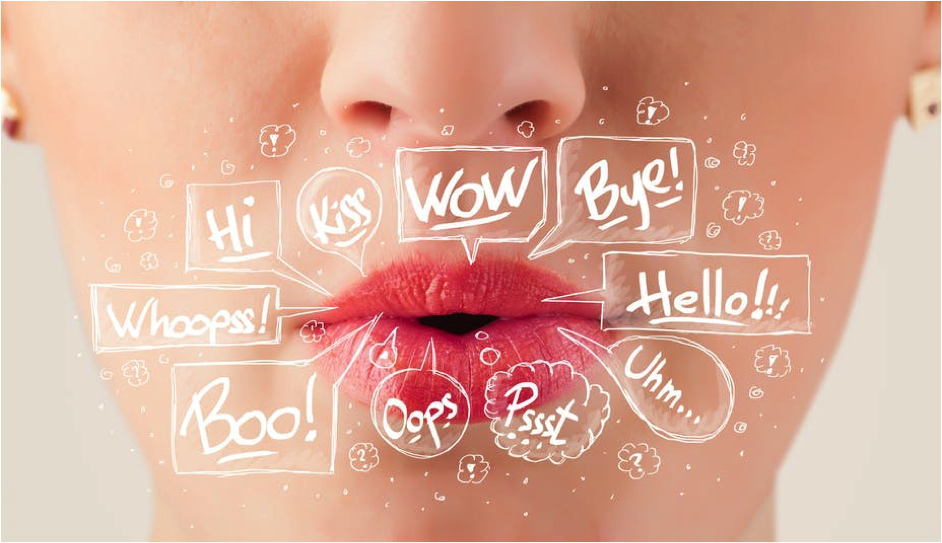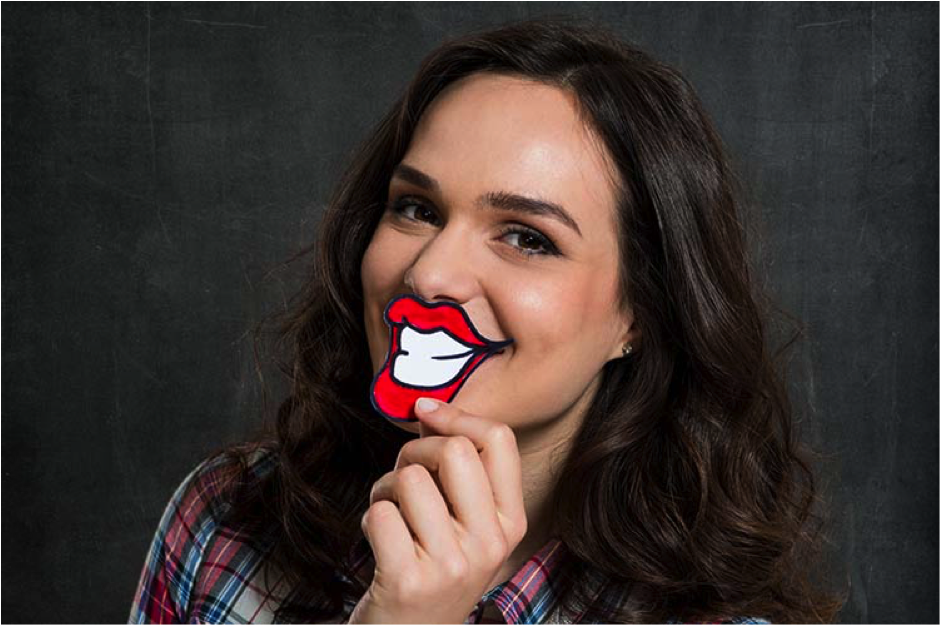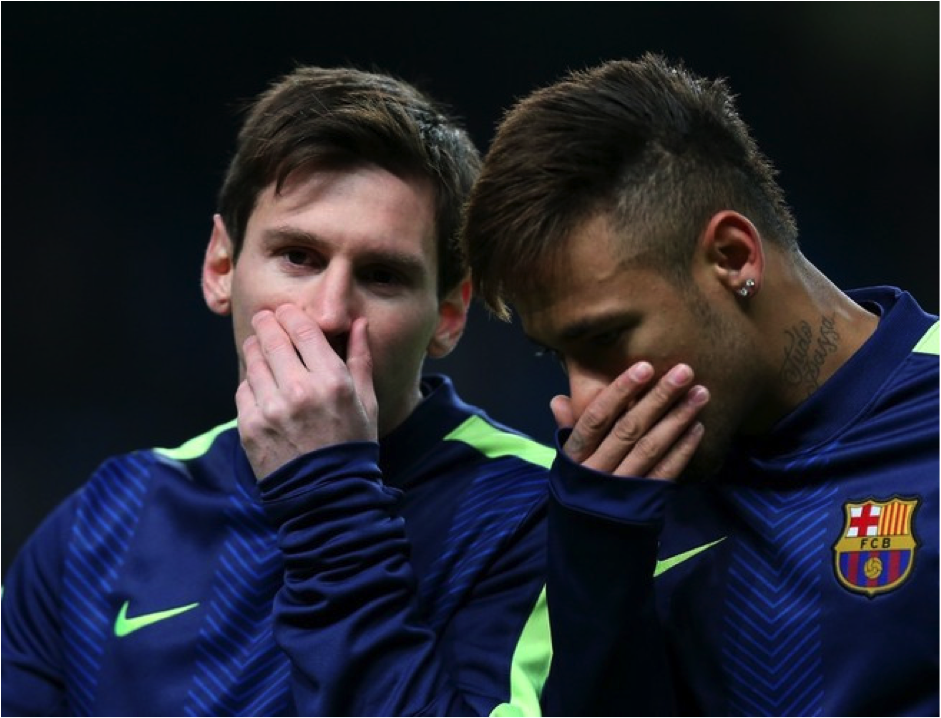What is forensic lip reading and how can it help you?
Lip reading is a rare and special talent. It takes years of hard work and dedication to lip read with any sort of authority, but even with that, there is a branch of lip reading which takes this art to a more serious level; forensic lip reading.
What is forensic lip reading?
Forensic lip reading is a form of lip reading which is used to collect information or evidence.
Agencies such as the police, private detective agencies, or insurance companies can use forensic lip reading to interpret what has been said in video footage in order to ascertain the particular facts of a case.
How can it help?
Although it’s not 100% accurate, evidence from a forensic lip reader is still admissible in the UK courts. This was due to a landmark case in 2004 (R. v Luttrell et al., 2004), which established the admissibility of forensic lip reading evidence.
It has been used many times over the years, putting words to CCTV footage, often catching people talking about the crime, incriminating themselves and others.
One such famous case is the Arlene Fraser murder. The 33-year-old mother of two disappeared in 1998, and even though her body was never found, her husband was convicted of her murder.
This conviction was due in part to a conversation he had in prison which was recorded by the prosecution. Although there was no sound to the recording, a forensic lip reader was able to create a transcript of what was being said.
What factors can affect forensic lip reading?
A workman is only as good as his tools, and for lip readers, there are many things which can make a video difficult to transcribe.
The most obvious factor is the quality of the video to be deciphered. Blurry, shaky, and jumping footage is going to prove more of a challenge than a clear, steady shot.
CCTV footage comes in all different shapes and sizes, with modern, high-definition cameras offering a more accessible viewing, but no matter how clear the footage is, it won’t make a difference if we can’t see the lips!
In a perfect world, the speaker would be facing the camera, standing still and speaking normally. Unfortunately, this is rarely the case. Many times the speaker is far away from the camera, at an angle, and often walking or even running. I’ve been sent videos of people running in a dark garden with the police after them, of people with their backs to the camera, of people across the street with cars driving past between the camera and speaker, of people sitting in a pub so gloomy you can’t make out their faces.
And then there are the speakers.
Lots of people mumble, everyone has some type of accent, and many of us have lisps or a slight stutter. Add to that someone wearing sunglasses or a baseball cap and suddenly there are no expressions to work with either, which is a big part of lip reading.
These considerations are why no two videos are the same.
Not explicitly for crimes and misdemeanours
Forensic lip reading isn’t solely used for the purpose of gathering evidence for criminal activity.
When making his ground-breaking First World War documentary, They Shall Not Grown Old, Sir Peter Jackson transformed old silent black & white footage from the trenches on the Western Front to modern colour video with sound.
Part of that transformation was having forensic lip readers come in and decipher what the soldiers were saying, and then for actors to speak over the footage. I really enjoyed working on this footage and seeing the amazing historical footage.
Lip readers are also used widely in sporting events, especially football. It’s common now for players to cover their mouths when speaking to one another, lest they say something offensive. We were tasked by Twitter to lipread the England team in the 2014 World Cup which really threw the spotlight on lipreading skills.
We have the experience and qualifications you need for forensic lip reading
121 Captions founder and owner, Tina Lannin, is the UK’s foremost expert in forensic lip reading.
With over fifteen years professional experience for solicitors, courts, private investigators, the media, and private clients, Tina has been the official lip reader for several public events, including the Royal Weddings of Prince William and Kate Middleton for Sky and Prince Harry and Meghan Markle for The BBC. Tina can lipread people in cars behind her, and her speech therapists know to cover their mouths instead of turn their backs as she can still lipread them from behind.
On top of that, Tina is not only an expert lip reader, but she can also lip read Arabic, German, Japanese, and Spanish.
Based in London, 121 Captions is a team of professional lip readers based around the UK. We decipher videos without a soundtrack, providing a transcript or expert witness forensic lip reading report.
Whether it’s scenes of a crime video, surveillance systems, closed circuit television systems, or industrial espionage prevention, we can help you discover exactly what’s going on.
Contact us today if you would like to know more about our forensic lip reading service, or any of our other specialised skills.






Leave a Reply
Want to join the discussion?Feel free to contribute!